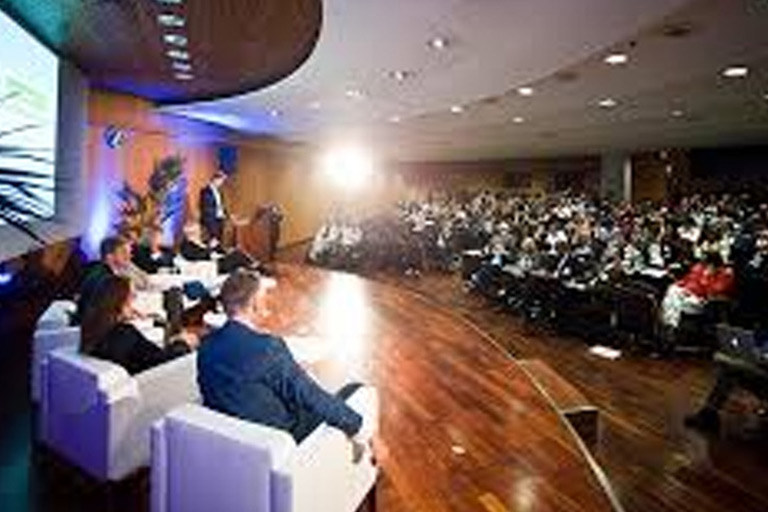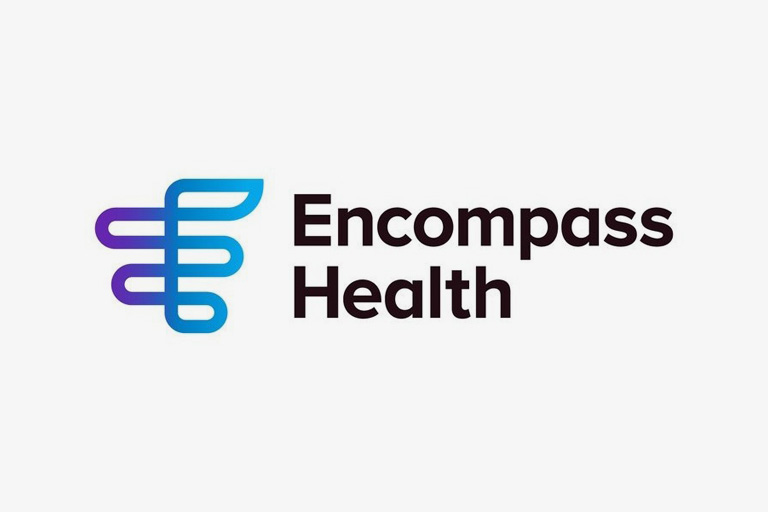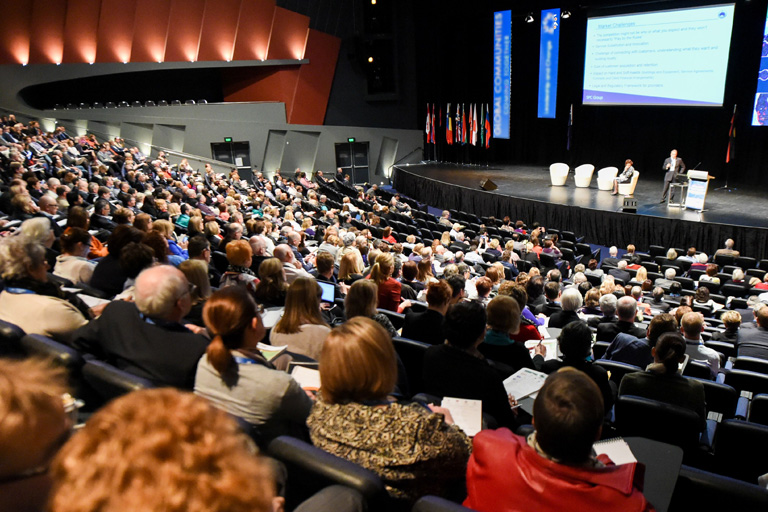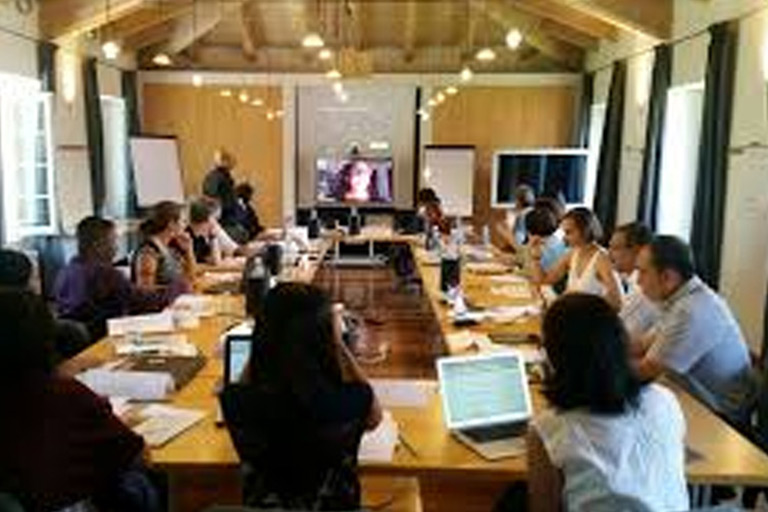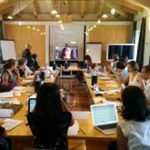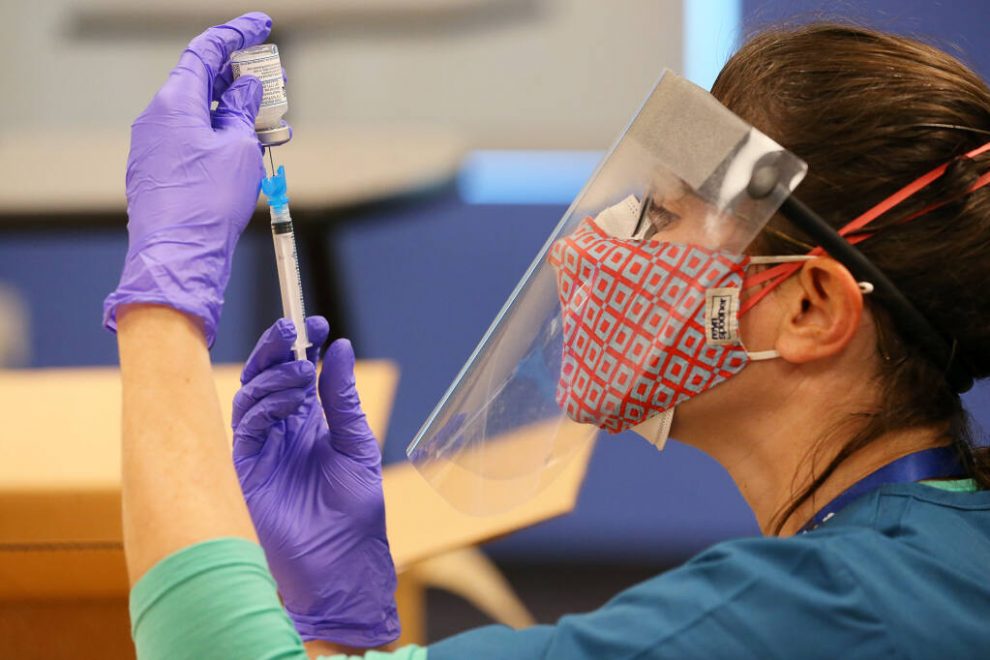Let’s Pay People To Get Vaccinated
BY BROWN GRAC ON JAN 18/1/2023 IT’S A TRUTH universally acknowledged that people like money. If you show them the cash, they’re generally more likely to do what you want, whether that be to stop smoking, work out, or keep up with their medication.
As vaccines started to roll out of labs during the pandemic, governments began wondering: How can we encourage as many people as possible to get vaccinated against Covid-19? Countries tried a mishmash of approaches: They rolled out rigorous public health messaging, engaged with hard-to-reach communities, got celebrities to plug the vaccines, and made them compulsory.
But policymakers and academics also suggested another, controversial approach—why not just offer people cold, hard cash? This reignited a thorny debate.
Those on the utilitarian side say that if more people get vaccinated, the public benefit outweighs all other harms. But there’s no guarantee that offering people money to do a good deed convinces them to do it—it might even suggest the opposite, that the action isn’t worth doing otherwise. A 2000 study conducted with Israeli high school students found that when they were paid a small commission to collect money for charity on a certain day, the group earning a commission actually collected less than the group that was paid zilch—suggesting monetary incentives had a detrimental effect on the urge to do good.
A big worry is that cash incentive programs might have unintended long-term consequences. Offering people money to do a public good deed might reduce their willingness to do the same thing for free in the future. It could also trigger distrust. Unlike blood donation or other public health interventions, vaccines are divisive. And research has shown that in paid clinical trials, people associate higher payments with greater risk. Paying people to get vaccinated—when it’s previously been done for free—might make them overestimate the risks involved.
Finally, the ethics are nebulous. Ethicists argue that a monetary reward does not mean the same thing to a cash-strapped single parent who lost their job during the pandemic as it does to a comfortably employed middle-class person. Offering the money could be seen as a form of coercion or exploitation, as the single parent can’t reasonably decline it. “A gun to the back works, but should we use it?” says Nancy Jecker, a professor at the University of Washington School of Medicine.
But in a new paper published in the journal Nature, researchers Florian Schneider, Pol Campos-Mercade, Armando Meier, and others addressed these concerns.
In 2021, Meier and his colleagues conducted a randomized trial to see if financial incentives increased vaccine uptake. In their study, published in the journal Science in October 2021, Meier and his coauthors recruited over 8,000 people in Sweden and offered a portion of them $24 to get vaccinated within the next 30 days, while the others were offered nothing. The researchers found that the cash incentive boosted the proportion of people who got vaccinated by about 4 percent. That number didn’t change significantly when factoring in age, race, ethnicity, education, or income. Other research during the pandemic also found that financial incentives were effective.
FEATURED VIDEO
Medical Doctor Answers Hormone Questions From Twitter
MOST POPULAR
Three characters from The Rings of Power standing together in armor
CULTURE
The 25 Best Amazon Prime Shows Right Now
WIRED
Cooper Hoffman and Alana Haim’s characters in Licorice Pizza looking stressed while driving a vintage orange and blue ford semi-truck
CULTURE
The 10 Best Amazon Prime Films Right Now
WIRED
Digital generated image of orange glowing battery over purple surface against light blue background.
GEAR
How to Save Your Smartphone’s Battery Life
SIMON HILL
GEAR
The Best Nintendo Switch Games for Every Kind of Player
WIRED STAFF
Meier and his colleagues then decided to revisit the same people and see if paying them had led to any unintended negative consequences. Meier, a research fellow at the University of Lausanne, wasn’t sure what they’d find. “It could have gone either way,” he says.
But when they followed up with the people who had been paid to get vaccinated, they didn’t find any of the unwanted consequences everyone had worried about. The incentives had little effect on how likely the participants were to go get their second or third dose. And the team didn’t find any diminished likelihood that these individuals would donate blood or get their flu shot. To test how it affected morality, the researchers asked people whether they would donate $10 to a charity that helps others get vaccinated or keep the money for themselves, and the answers didn’t change depending on whether they had received a reward for getting the vaccine. Importantly, the team found that financial incentive didn’t affect trust in vaccine providers or perceptions of how safe and effective the vaccines were.
To bolster their findings, they complemented their Swedish study with another randomized trial in the United States that looked at the effects of vaccine incentives. In the US, various states offered enticing prizes during the Covid vaccine rollout to persuade people to get their shots, ranging from the chance to win $1 million in Ohio to a hunting license in Maine or a free beer in New Jersey. The team took over 3,000 people from 12 states and split them into two groups: One group was informed that their state was offering incentives to people who got vaccinated while the other group was not told. (A lot of people didn’t even know these programs were being offered, as they weren’t aggressively marketed, which made this experiment possible.) Meier and his colleagues found that informing people about these incentive programs had no unintended consequences down the line.
While the findings support the idea of paying people to get vaccinated when the next pandemic inevitably rolls around, the results can’t be applied globally. Ana Santos Rutschman, a professor of law at Villanova University in the US who is an expert in vaccine law and policy, is skeptical about whether findings truly apply the same way in the US as they do in Sweden. While both are high-income countries, the American population is more heterogeneous than northwestern Europe when it comes to factors like race and income inequality. “It’s a little bit of apples and oranges,” she says. Meier counters by pointing to similarities in the data generated across different US states; if incentives worked for people on the coast of California the same way they did for people in the Republican stronghold state of Louisiana, that could suggest population differences aren’t an issue.
But he acknowledges that the paper can’t necessarily predict what will happen in other countries. It could be a different story in a country where, say, trust in the government is especially poor, or in lower-income countries. But that wasn’t the aim of the study. “Our goal was to have a paper that offers some tools for testing for unintended consequences and is an example for how one can do this.”
Meier also acknowledges that the team’s data doesn’t fully close the ethical debate that surrounds paid vaccine incentives. There wasn’t any discernible link between people’s incomes and the likelihood that they would take the vaccine and payment, but “just because we show that there doesn’t seem to be coercion based on these results with this amount, that doesn’t mean that from all ethical points of view that this is OK,” Meier says.
For Jecker, the least invasive—but still effective—methods of persuasion may not involve paying people. For some groups, conversations with community leaders could be a less invasive and equally (if not more) effective way to convince them to get the vaccine. But during an extreme event like a global pandemic, there could come a point when the need to accelerate uptake outweighs the risks of heavy-handed approaches. “I think we probably, in my view, have to be willing to accept some degree of paternalism,” says Rutschman.
When that time arrives, this debate will no doubt rear its head again. But when it does, there’s now at least some evidence that offering people a little cash to get a vaccine isn’t going to erode society. In the next pandemic, maybe we should be more ready to give it a try.














